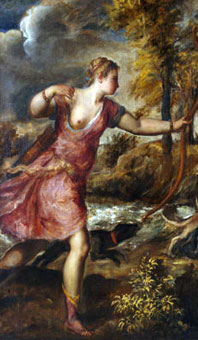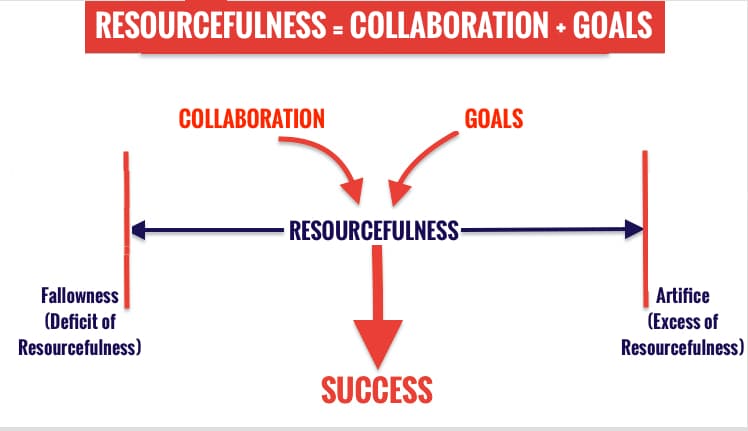Artemis was the daughter of Zeus and Leto, and the twin sister of Apollo – making her a rather “intellectual” goddess, the “Renaissance Woman” to Apollo’s “Renaissance Man” – the goddess of feminine accuracy and discriminating judgment of the world around us (and of the qualities in a man.) Her judgement ability made her a perfect complement to the drive for justice in Athena. The Artemis Instinct is then a companion to the justice of the Athena, in that it uses the fine detail of a "hunter's eye" to target and achieve one's goals, whatever they may be. In the case of romance, it is identifying only the best of the best males to consider as a mate. It is the "hunting instinct" behind the gift for finding a bargain, obtaining only the best in life, and in love.

If Artemis is then a champion of the Trojans, then she is also partial to Paris. This makes sense, given that she is a useful complement to Athena, who was one of the original three goddesses to use Paris as the arbiter of their contest with each other. It teaches us that although there is a destruction of many males in her wake, the specific reasons for their demise (symbolizing in today’s everyday life, the rejection and shaming of males who do not measure up in character) are either justifiable reasons, or are pure, regrettable accidents.
Artemis, symbolically, as the virginal huntress, was about hunting for purity and truth, while the virginal warrior of the Athena Instinct was about fighting for the causes of justice and wisdom. In this way, you might say that in everyday life, the Artemis Instinct in women could be considered a forward scout for romantic troubles and reservations about men, and the Athena Instinct would be the power-that-be who could then take over and make a final decision about a man’s worthiness for any future together.


 In being unjust as a partner at contributing to achieving a goal, the artificial partner is burdening their partner in
In being unjust as a partner at contributing to achieving a goal, the artificial partner is burdening their partner in